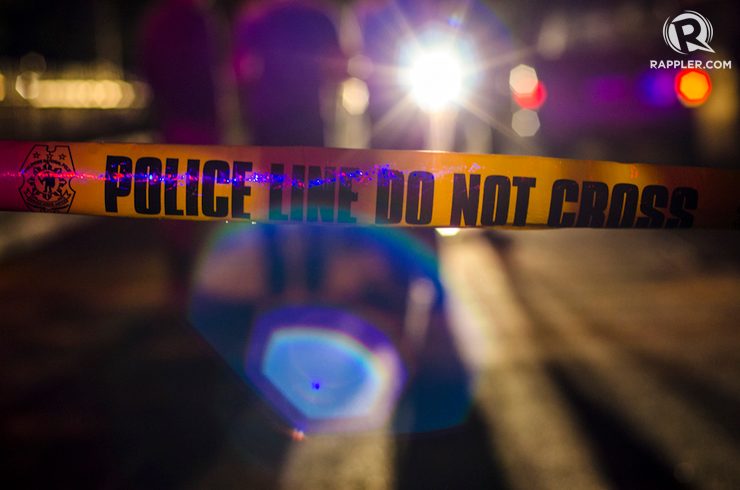SUMMARY
This is AI generated summarization, which may have errors. For context, always refer to the full article.

MANILA, Philippines – The United States is “cautiously optimistic” that the Philippines’ human rights record is improving as President Rodrigo Duterte presses on with his bloody anti-drug campaign that has claimed thousands of lives, an official said Tuesday, January 30.
Duterte has made a harsh anti-drug campaign the centrepiece of his administration, urging policemen to kill drug suspects, and promising to protect them from prosecution.
The brutal drug war frayed ties with Washington under former-president Barack Obama, who criticized Duterte’s human rights record.
But the Trump administration has been noticeably less critical.
In a telephone briefing with reporters, James A Walsh, a senior US drug official within the State Department, said there were signs of fewer extra-judicial killings (EJKs).
“Many folks have been tracking the EJKs in the Philippines, and the trends are going down, so there is some encouragement that we are seeing in some of our human rights training working,” the Deputy Assistant Secretary for International Narcotics and Law Enforcement told reporters.
“I would describe the United States as being cautiously optimistic in the trends when it comes to a good…appropriate way for a drug campaign,” he added.
The Philippine government says almost 4,000 “drug personalities” have been killed by law-enforcement under Duterte. But human rights groups charge that thousands more have been murdered by shadowy vigilantes in what they say could be a crime against humanity. (TIMELINE: The PNP’s use of the term ‘deaths under investigation’)
The anti-drug campaign enjoys popular support while the fiery-tongued Duterte has rejected any criticism of his human rights record.
Walsh said that previously the US had “reduced our support to the [Philippine] police because of some of the human rights concerns.”
He said the US was still providing support in such areas as “drug demand reduction programs,” rule of law, and boosting maritime security.
Relations with Manila have improved markedly since the days when Duterte labelled Obama a “son of a whore” for criticizing his drug campaign.
Duterte said in a telephone conversation in late-2016 that then president-elect Trump told him that Manila was conducting its deadly drug war “the right way.”
On wider regional drug enforcement issues, Walsh highlighted how synthentic opioids like fentanyl were a major focus for the US, where a record 63,000 Americans fatally overdosed in 2017.
Much of the hugely powerful fentanyl – and even more potent carfentanil – hitting US streets came from China, he said, often shipped in the mail.
He said cooperation with Chinese authorities on the illicit trade had been “very good,” singling out moves by Beijing to restrict some key precursor chemicals used to make fentanyl and better scrutiny of postal packages sent to the US from China.
But he added: “There’s a lot of work to be done.”
Duterte earlier revealed he was prescribed Fentanyl but was eventually instructed to stop after his doctor found out he was “abusing the drug.” The President said he was using the drug in patch format to treat an injury from a motorcycle accident years back. (READ: LIST: ‘Migraine everyday’ and Duterte’s other ailments) – Rappler.com
Add a comment
How does this make you feel?
There are no comments yet. Add your comment to start the conversation.